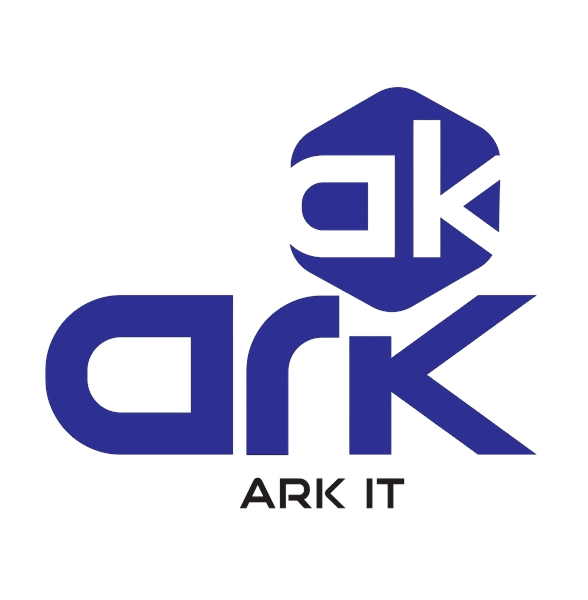Artificial Intelligence (AI) has transformed digital marketing by enhancing personalization, automating processes, and improving campaign efficiency. Businesses that integrate AI-driven strategies can optimize conversions and customer engagement. This blog explores practical applications of AI in digital marketing and how it can be leveraged for better conversions.
1. AI-Powered Personalization
AI enables hyper-personalized marketing by analyzing user behavior and delivering tailored content.
Example:
- AI-driven recommendation engines, like those used by Amazon and Netflix, suggest products or content based on previous interactions.
- Personalized email campaigns increase engagement rates by targeting user preferences.
Implementation Tips:
- Use AI tools like Segment or Adobe Sensei for audience segmentation. Leverage dynamic content to personalize website experiences.
- Implement chatbot-assisted customer journeys for better engagement.
2. AI in Predictive Analytics
AI can analyze historical customer data to forecast purchasing behavior and refine marketing strategies.
Example:
- Predictive analytics in PPC campaigns help determine the best-performing ads.
- AI-driven CRM solutions anticipate customer needs, increasing retention.
Implementation Tips:
- Use AI-powered tools like HubSpot or Salesforce Einstein for predictive modeling.
- Analyze customer journeys to refine targeting.
- Adjust ad spend dynamically based on AI-driven forecasts.
3. AI-Driven Chatbots for Instant Engagement
Chatbots powered by AI enhance customer experience by offering instant support and guiding users toward conversion.
Example:
- AI chatbots on e-commerce sites assist in product selection.
- Lead generation bots qualify prospects before human interaction.
Implementation Tips:
- Use chatbot platforms like Drift or Intercom for real-time engagement.
- Automate responses while maintaining human-like conversations.
- Integrate AI chatbots with CRM tools for seamless customer insights.
4. AI in Content Creation & Optimization
AI helps marketers generate content ideas, optimize SEO, and improve engagement.
Example:
- AI tools like Jasper or Copysmith assist in blog creation and ad copywriting.
- AI-powered keyword analysis improves SEO rankings.
Implementation Tips:
- Use AI-driven tools like Surfer SEO to optimize on-page content.
- Automate content planning with predictive AI insights.
- Leverage AI-generated headlines for higher engagement.
5. AI-Powered Advertising Optimization
AI improves ad targeting, budget allocation, and bid strategies, maximizing ROI in paid campaigns.
Example:
- Google Ads Smart Bidding adjusts bids automatically based on user intent.
- AI-driven programmatic advertising finds the best ad placements in real time.
Implementation Tips:
- Use Google’s Smart Bidding for automated ad optimization.
- Implement AI-driven ad creatives with Adzooma or Phrasee.
- Monitor AI performance metrics for campaign refinement.
Conclusion
Leveraging AI in digital marketing enables businesses to automate processes, enhance personalization, predict customer behavior, and optimize advertising strategies. By integrating AI-powered solutions, companies can achieve higher conversions and maintain a competitive edge in the industry.
Frequently Asked Questions (FAQ)
How does AI improve personalization in marketing?
AI analyzes user data to deliver customized content, recommendations, and ads tailored to individual preferences, boosting engagement and conversions.
What are the best AI tools for predictive analytics?
Popular AI-powered tools for predictive modeling include Salesforce Einstein, HubSpot, and Google Analytics Insights.
Can AI chatbots replace human customer service?
AI chatbots can handle repetitive inquiries efficiently, but human intervention is still necessary for complex interactions.
How does AI optimize PPC campaigns?
AI automates bid adjustments, audience targeting, and budget allocation based on performance data to improve ROI.
What industries benefit most from AI-driven digital marketing?
E-commerce, SaaS, fintech, and healthcare sectors benefit significantly from AI-powered personalization and automation.
